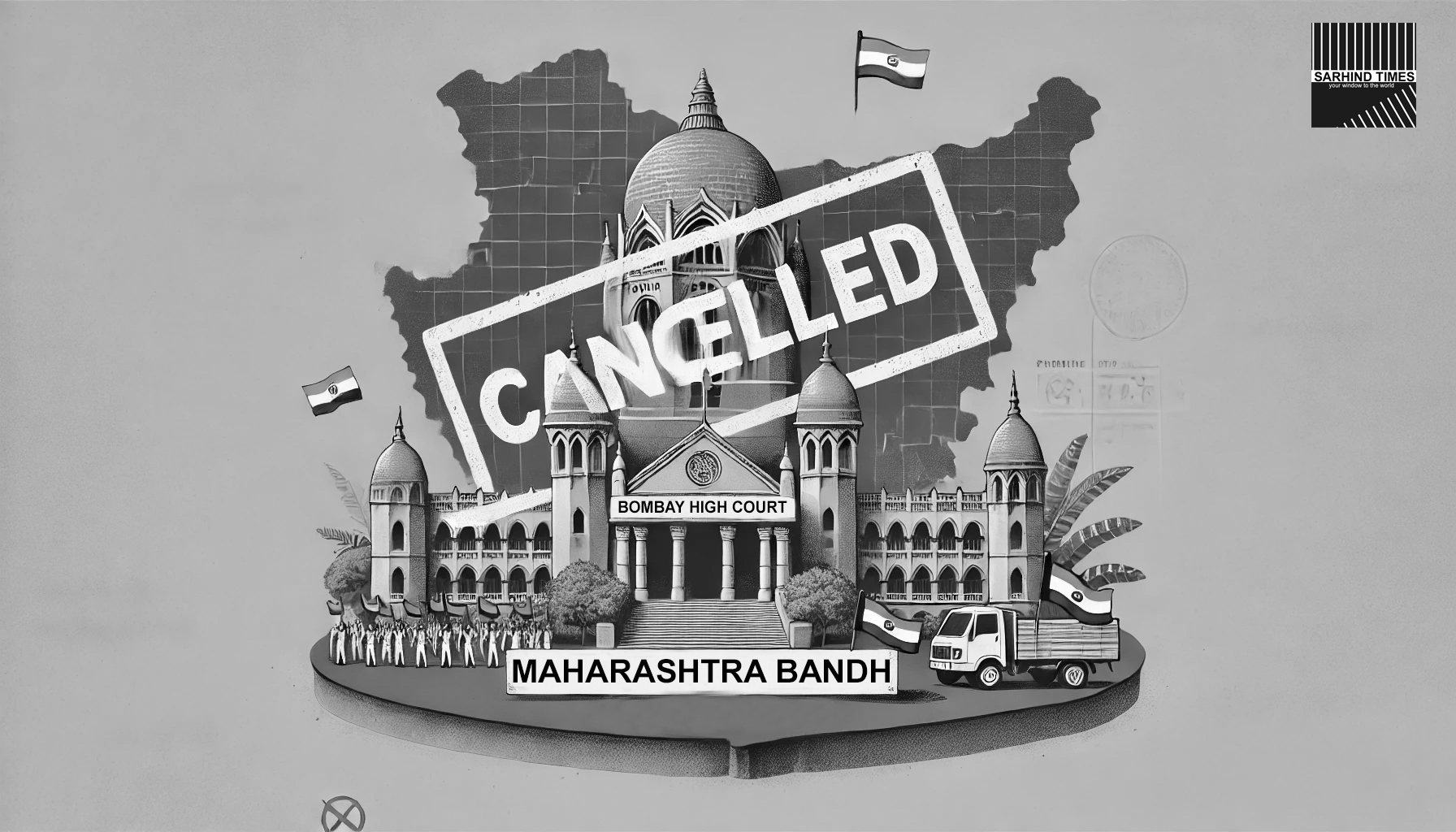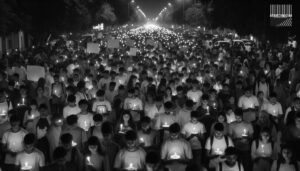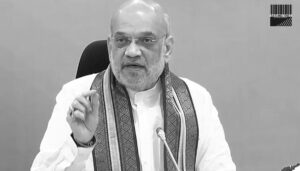Mumbai, India: The Bombay High Court has taken a firm stance against the proposed Maharashtra bandh scheduled for August 24, 2024, preventing any political party or individual from proceeding with the protest. The bandh was called to protest the alleged sexual assault of two schoolgirls in Badlapur, Thane district. The court’s decision, which is in effect until further notice, was made in light of the potential widespread disruption that such a bandh could cause across Maharashtra, particularly in Mumbai.
A division bench comprising Chief Justice Devendra Kumar Upadhyaya and Justice Amit Borkar observed that allowing the bandh to proceed could “cripple the life of entire Maharashtra” and bring the economic and social activities of Mumbai to a grinding halt. The court emphasized the significant impact the bandh could have on various sectors, including education, business, healthcare, and public transportation, which are essential to the daily lives of citizens.
The bench cited precedents, including the B G Deshmukh case of 2004, where the enforcement of a bandh was declared unconstitutional. The court has issued notices to several respondents, including the state government, the Home department, and political parties within the Maha Vikas Aghadi (MVA) alliance, which includes the Shiv Sena (UBT), Nationalist Congress Party (NCP), and Congress. These parties were directed to respond by October 9, 2024.
“The consequences borne by citizens, including school-going children, daily wagers, office-goers, and factory workers, could be severe if the bandh were permitted,” the court noted. The judges also referred to past experiences of state-wide bandhs, which often resulted in significant damage to public and private property and disrupted essential services.
The court further referenced Supreme Court and Kerala High Court judgments, highlighting that such bandhs can cause substantial economic loss and hinder the provision of essential services. The court noted that materials presented by the petitioners, including reports from news channels, indicated plans to disrupt local trains, buses, and road traffic.
Advocate General Birendra Saraf, representing the state government, informed the court that the government was taking necessary steps to prevent the bandh, in line with previous judicial guidelines. He also concurred with the petitioners that the bandh should be declared illegal, as it violates established directives.
The court’s order comes in response to Public Interest Litigations (PILs) filed by advocates Jaishri Patil, Gunratan Sadavarte, and Nandabai Sarjerao Misal, who sought to have the bandh declared illegal. The bench concluded that permitting the bandh could halt all activities in the state, affecting vital services and the daily lives of citizens.
As the legal and political discussions continue, the Bombay High Court’s order aims to maintain public order and ensure that the rights of the citizens are protected against unlawful disruptions.




+ There are no comments
Add yours